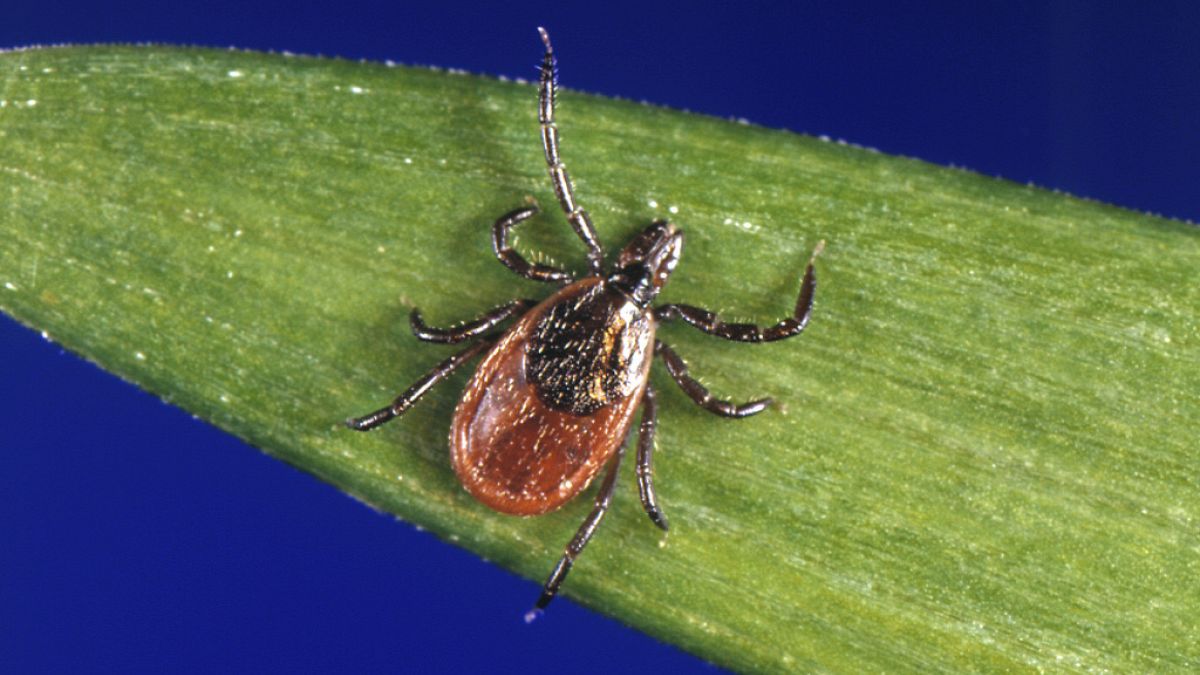

As Greece navigates through its unfolding summer, the country’s health and regulatory landscape is witnessing significant developments. In a sequence of interconnected issues, a recent health alert, evolving tobacco regulations, and the anticipated influence of heatwaves are painting a vivid picture of the current public health scenario in Greece. Each element calls for attention and thoughtful reflection to ensure the well-being and safety of the populace.
In a solemn reminder of the sometimes unpredictable intersections between human life and nature, Greek health authorities have issued an alert following the unfortunate passing of a 72-year-old man due to Crimean-Congo haemorrhagic fever. This viral illness, uncommon and transmitted through tick bites, has underscored the necessity of vigilance and awareness, particularly as the summer season progresses. Health professionals urge residents and visitors to exercise caution when in tick-prone areas, advocating for simple preventative measures such as wearing long sleeves and using tick repellents.
Shifting focus from tick-borne diseases to tobacco control, the Greek government is taking decisive steps to redefine its approach to smoking regulations. A new bill is in the pipeline, aiming to curb the practice of parents sending children to purchase cigarettes. This measure aligns with broader European Union efforts to increase tobacco taxes and reduce the prevalence of smoking among young people. By instituting these rules, Greece is not only set to limit the accessibility of tobacco to minors but also foster healthier habits within its communities.
Simultaneously, anticipation is mounting with the forecast of upcoming heatwaves across Europe. As climate patterns evolve, extreme heat is becoming an ever-present feature of the summer months, bringing with it a host of health challenges. High temperatures can impact the human body in various ways, from dehydration and heat exhaustion to exacerbating pre-existing conditions like cardiovascular diseases. Public health advisories encourage populations to stay hydrated, seek shade during peak sun hours, and prioritize the welfare of vulnerable groups, including the elderly and those with chronic illnesses.
While these developments may seem disparate, they are interconnected in the broader narrative of public health and safety. The blend of addressing rare diseases, regulating health-impacting habits like tobacco use, and preparing for environmental stressors, such as heatwaves, represents a comprehensive approach to health governance in Greece. By maintaining mindfulness and a proactive stance, Greece is working to ensure that its citizens are well-protected and well-informed, ready to meet each challenge with resilience and clarity.
These collective efforts underscore the dynamic nature of health challenges faced by nations and the pivotal role that timely intervention and informed decision-making play in navigating them. As Greece moves forward, its commitment to fostering a healthy environment for all continues to be a beacon of progress and hope.
Source: {link}
